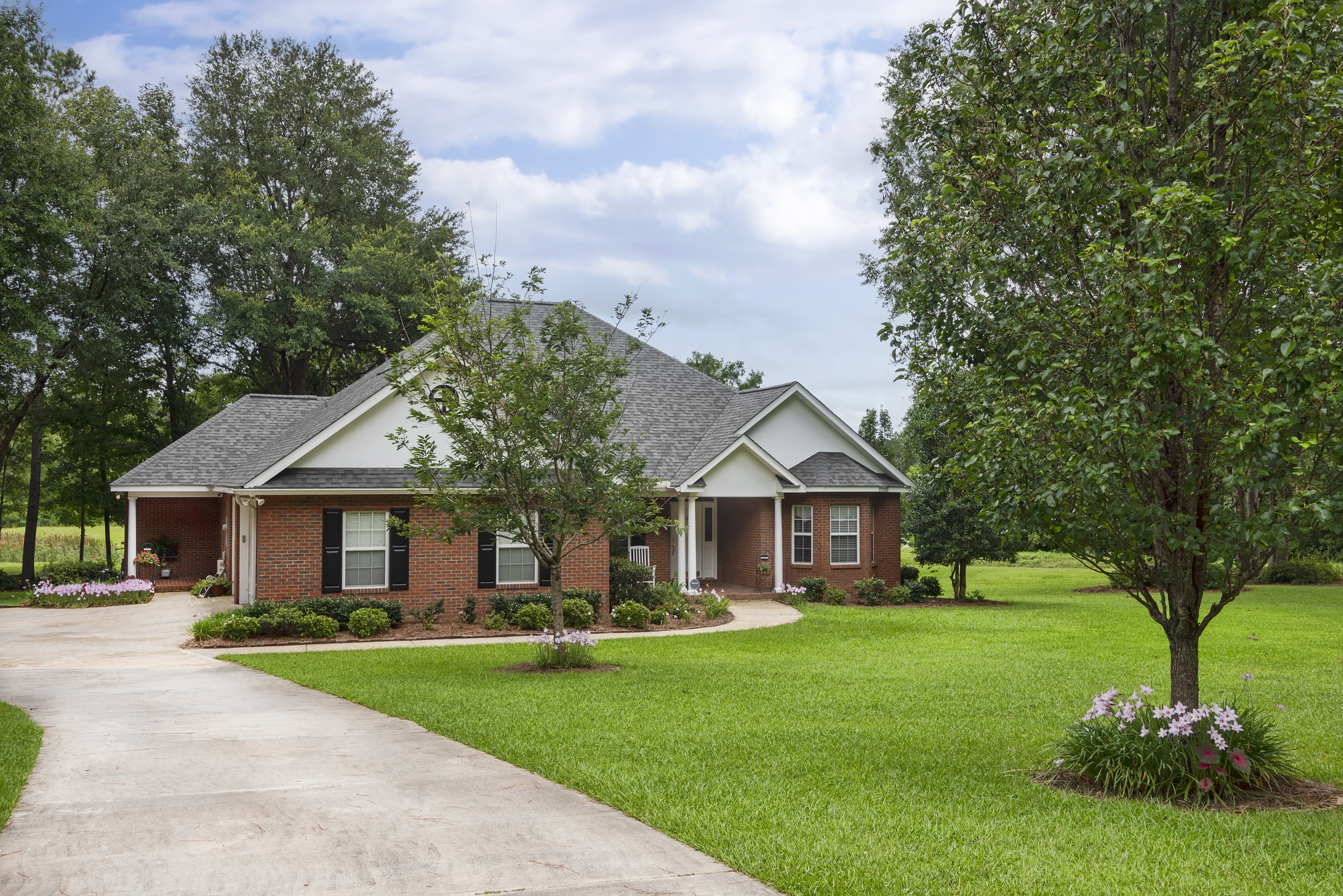
Window replacement enhances your home's appearance and helps to maintain a consistent indoor temperature. Discover the cost of window replacement in Columbus.
Don’t be left in the dark—here are answers to common window tint questions


You may finally decide to install window tint for many reasons. When considering this project, there are more options than you may have initially thought, so it pays to do your research before calling a window-tinting pro. Here are some residential window-tinting questions you’ll want to understand before having that discussion.
Unless you have an extra nosy neighbor, window tinting usually isn’t considered a rush project. Keep in mind that tint can’t be applied in certain weather conditions, and the windows need to be perfectly clean before application. Talk to your pro to see when it’s best for them to install your window tinting. If you have privacy concerns in the meantime, there are plenty of window treatment options for blocking others’ view into your home.
This is important as different tints may be required for different windows. For example, ground-level windows will need a stronger tint if you’re darkening the windows for privacy reasons. Also, south-facing windows would need stronger anti-UV protections, and you may want to increase the tint to mellow out some of the harsh sunlight. Since many tints are applied on the exterior side, any required ladders or scissor lifts will add to the project cost.
You may want to tint your windows for reasons other than privacy. Some people prefer less harsh light in their homes. Others may find that tinting their windows prevents damaging UV rays from entering their home. Some window tints increase insulation properties, which can be helpful for homes that struggle to keep a constant temperature.
You will save more money per window installing tint on every window in your home, but the overall project cost will be higher. Many homeowners find that a variety of window tints work best—they may use privacy tinting only on the front part of their home and simple reflective tint on the other parts. Discuss with your pro what your options are, and always remember that window tint is typically cheaper than other window treatment options, especially if applied to the entire home.
While many people may not consider it, there are specific attributes for different types of tint. There is security tint, which adds extra strength and durability to windows. Insulating window tint is great for homes with strong temperature swings. Low-e tint blocks UV and infrared rays, making it extra safe while also dimming harsh light. Finally, artists can rejoice as decorative window tints with prearranged or even custom designs can be added.
From average costs to expert advice, get all the answers you need to get your job done.

Window replacement enhances your home's appearance and helps to maintain a consistent indoor temperature. Discover the cost of window replacement in Columbus.

Restoring old windows is a great way to improve the appearance of your home. Costs vary depending on the age of the windows, the number you are restoring, and the window’s material.

Window repair costs in Columbus, Ohio, depend on several pricing factors, including the type and size of the repair it needs and the window itself.

If you’re looking to upgrade your window frames, you’ll find there are many options. Here’s what you need to know about window frame types and materials.

Condensation on windows is a sign of failed seals in the window and a loss of energy efficiency. Learn how to fix foggy windows using one of four options.

If you’ve been facing storms or humidity recently, it may be time to learn how to repair a rotted window frame to make your windows look brand new.